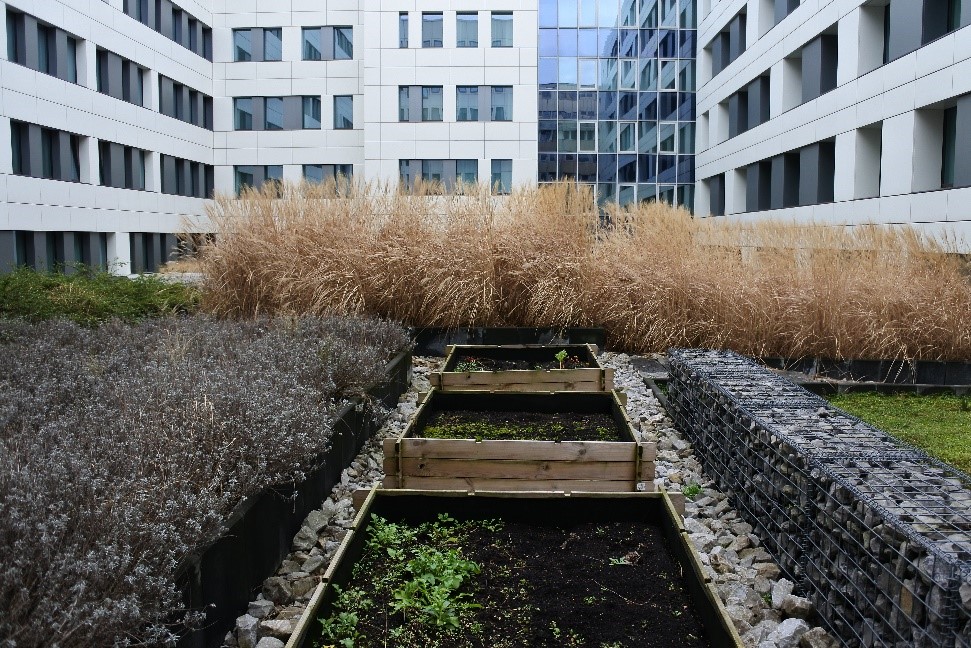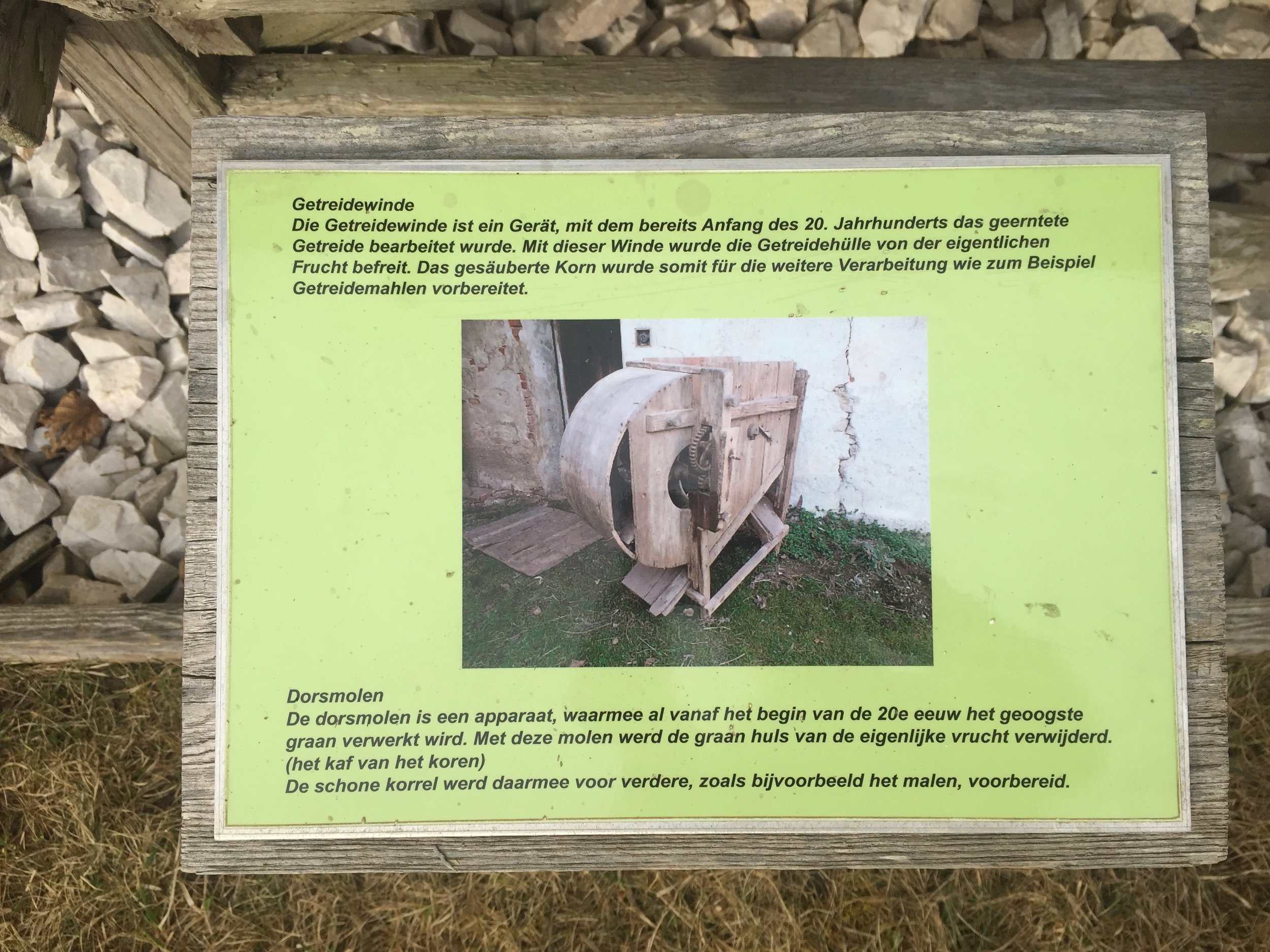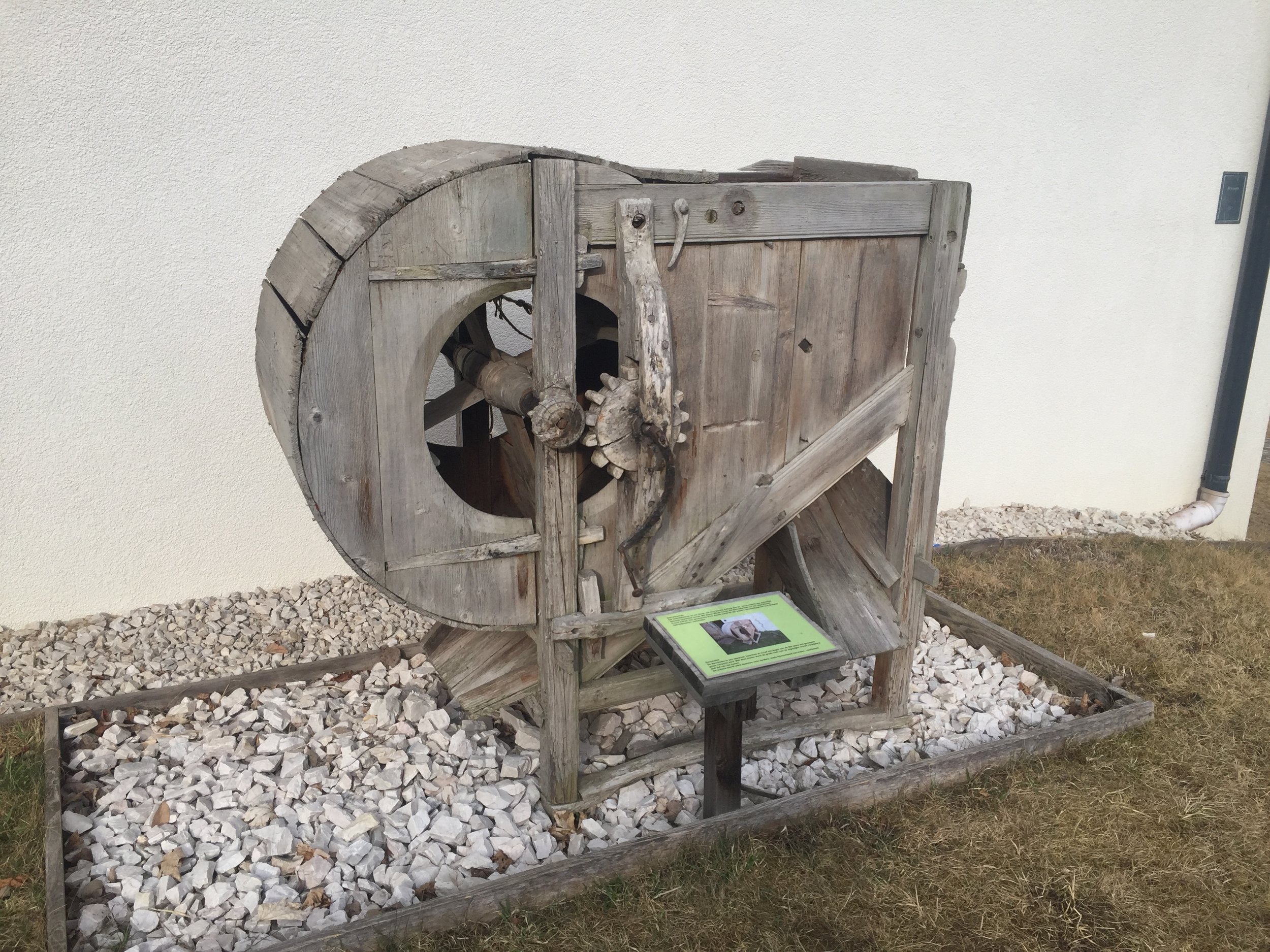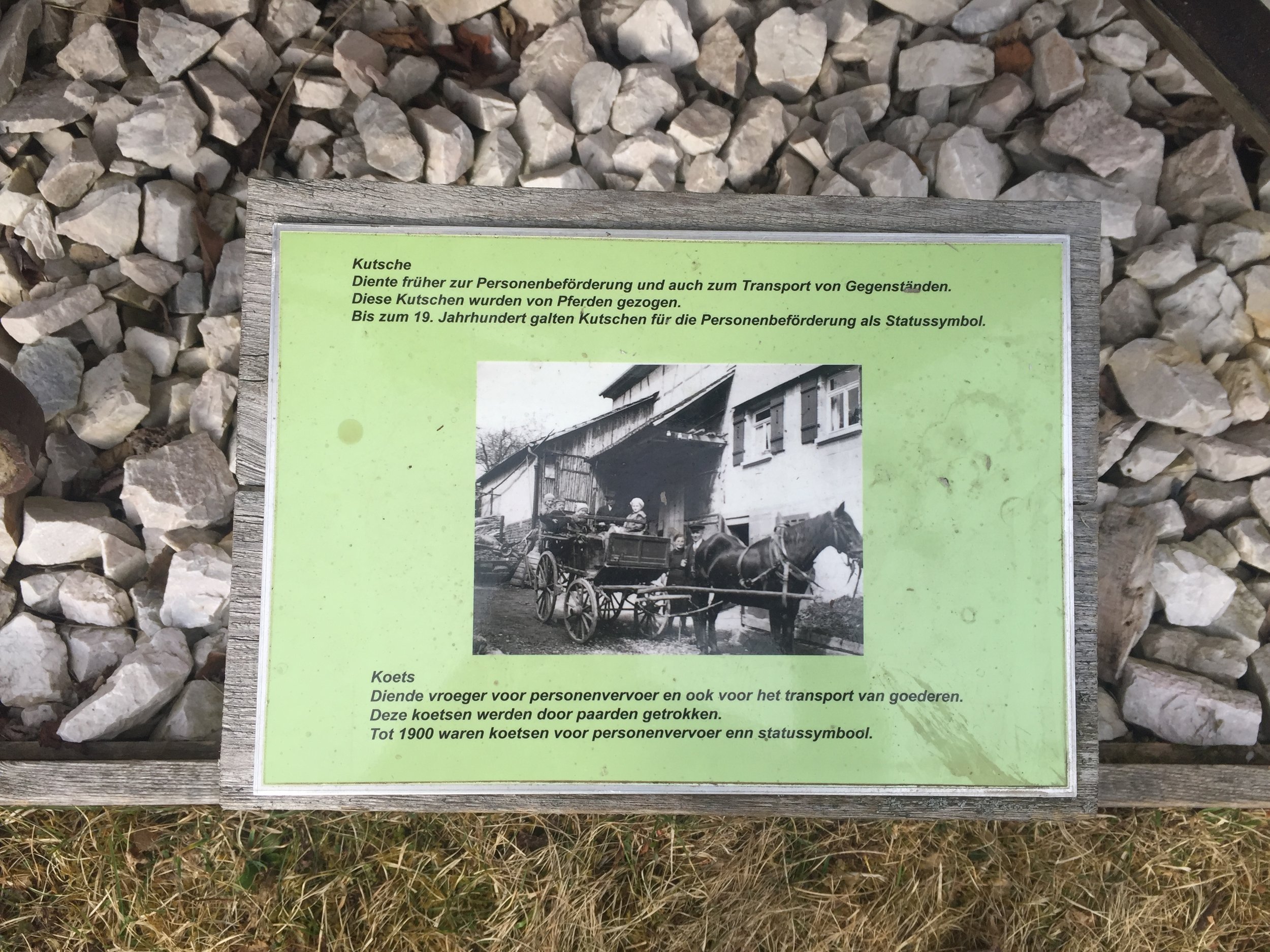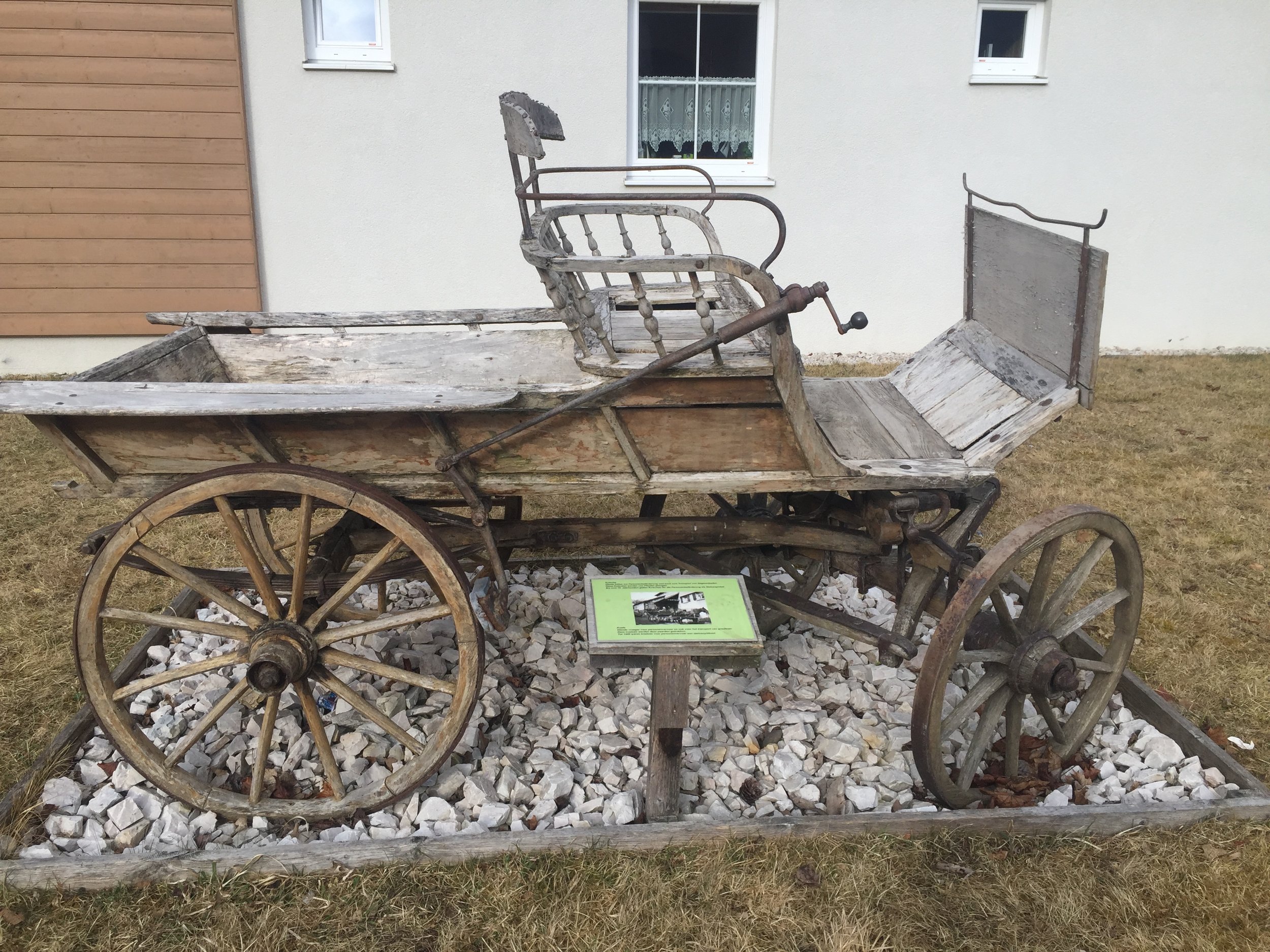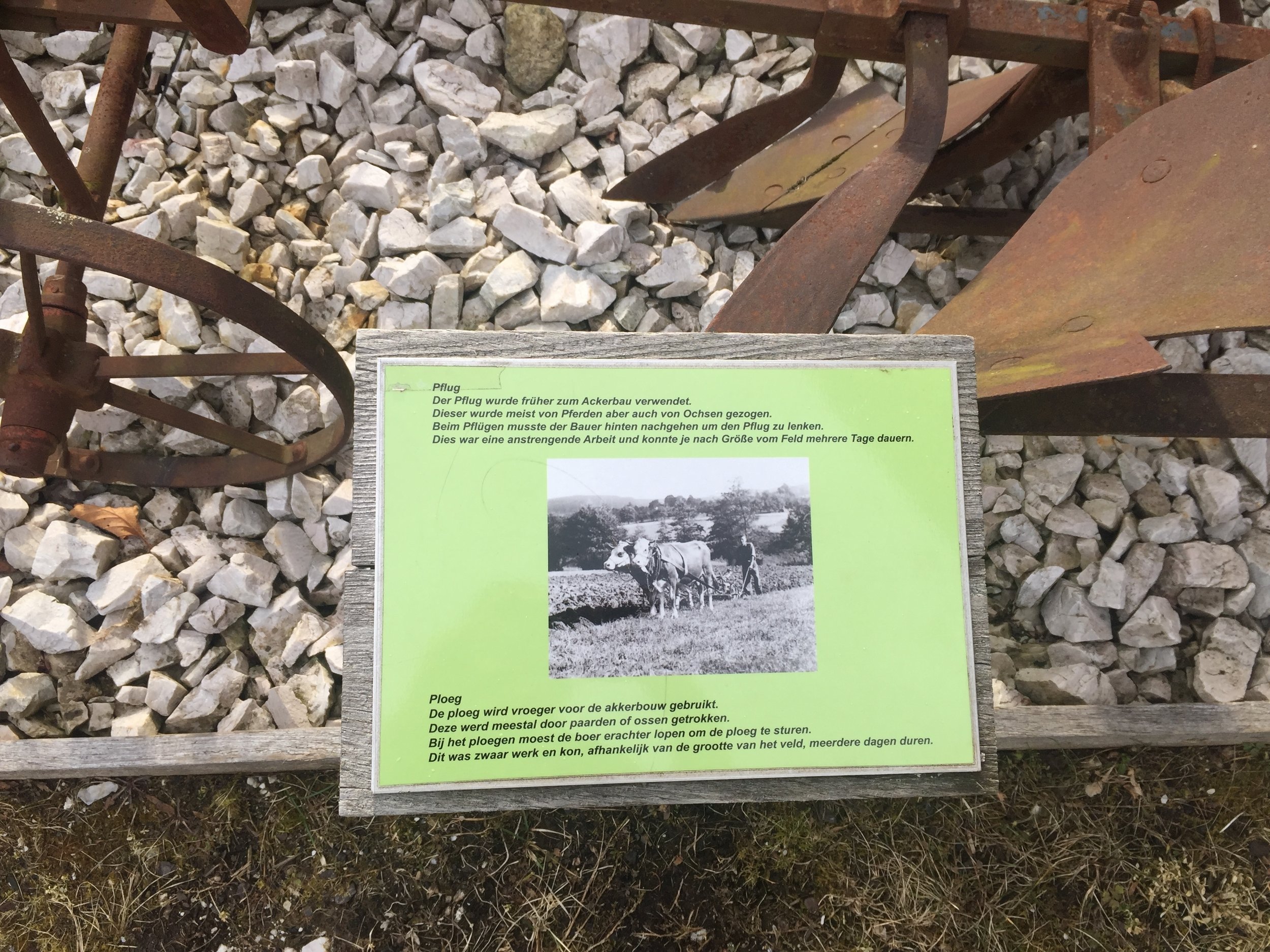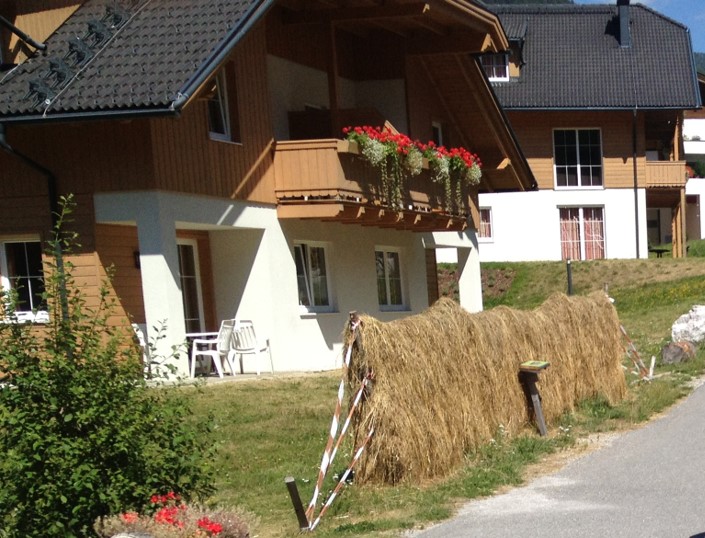A report by Booking.com seems to indicate an increase in hotel guests willing to accept more sustainable behaviours as part of their travel.
Although the number of guests seeking sustainable hotels has almost doubled over the past year, the report also suggests hotels need to do more to communicate what guest actions constitute genuinely sustainable travel.
The findings from Booking.com’s global Sustainable Travel Report suggest 65% of global travellers expressed their intention to stay in eco-friendly accommodation versus 34% who stayed in one or more last year.
The results show:
- 68% confirm they are more likely to consider choosing an accommodation knowing that it was eco-friendly
- 36% would choose an eco-friendly accommodation because it provides a more locally-relevant experience
but
- 46% of global travellers already consider themselves a sustainable traveller
- 38% perceive the buying of locally-made products and supporting local artisans as sustainable travel
Chinese (93%), Brazilian (83%) and Spanish (80%) travellers were the most likely to look for sustainable accommodation, whilst sustainable actions have declined in travellers from Australia, Japan and the US.
Interestingly, 79% of those surveyed say sustainable considerations also impact their mode of transport when travelling, with 43% taking public transport whenever possible, 42% trying to walk, bike or hike as much as possible and nearly one fifth (18%) flying less to reduce their carbon footprint.
Pepijn Rijvers, Chief Marketing Officer at Booking.com said, “Just as where we stay on holiday plays a pivotal role in the enjoyment of our trip, so it also plays an increasingly important role in helping people to travel sustainably. Whether by serving locally grown food, using or selling local crafts, conserving water and energy, recycling or connecting guests with the local community, accommodations today are working on a range of sustainability efforts and it’s heartening to see travellers so keen to explore and embrace these. Since adding eco-based interests and destination endorsements to our Passion Search tool at Booking.com, we’ve also seen a growing number of endorsements left by travellers, so the sustainable appetite is there.”
Hotels should note that guests are also open to make luxury adjustments in order to stay somewhere eco-friendly. The vast majority of global travellers would be happy to accept this, with 94% willing to stay in a property with energy saving light bulbs, 89% in one with HVAC units that only run while you’re in the room and 80% happy with low flow showerheads.
Additionally:
- 79% Happy with less frequent toiletry replacement
- 75% Happy to have linen and towel changes less frequently
- 64% Happy to accept higher cost for food because its’ all locally produced
The term ‘sustainable travel’ continues to mean many things to many people, but the role of accommodations in helping travellers to achieve their sustainable travel goals is clear. The research shows that over half (56%) consider staying in eco-friendly accommodation as sustainable travel, topping the list of what travellers think when they hear the term. For well over a third, it means conserving water by reusing towels and bed sheets (38%) and conserving the environment by reducing use of amenity goods such as shampoo, soap, toothbrush, shaving razor (35%).
For many, sustainable travel is also synonymous with a more authentic, local experience. 38% perceive the buying of locally-made products and supporting local artisans as sustainable travel, while 36% would choose an eco-friendly accommodation because it provides a more locally-relevant experience.
Reasons for choosing eco-friendly accommodation includes:
- To help reduce environmental impact 52%
- They provide a more locally-relevant experience 36%
- They treat the local community better 31%
- They tend to provide more locally-sourced/organic food 30%
Top-5 most important green/eco-friendly practices when considering a property to stay in:
- Solar Energy 67%
- Sustainable water system 43%
- Low-flow showers/toilets 36%
- Organic restaurants/food options 31%
- Recycling baskets in room 29%
Rijvers added, “At Booking.com we have a mission to empower people to experience the world, a world that should not be taken for granted. We are continually exploring improved ways to uncover and share the sustainability efforts of our accommodation partners with those searching and selecting on our site, and as part of our own commitment to improving destinations worldwide, we recently launched Booking.com Booster. Through this accelerator programme for start-ups in sustainable tourism, we will help maximise the impact that these different ventures across the globe can have. Ensuring a sustainable future is a collaborative effort, one that means sharing our expertise and working together, whether destinations, accommodations, travel providers or travellers.”
The report reveals some interesting insights for hoteliers taking part in Responsible Business Week, who can be reassured that guests are increasingly expecting their accommodation to be sustainable and considerate of the environment and local people. Later this week Green Hotelier will be announcing the winners of the 2017 Green Hotelier Awards which help showcase the best responsible, sustainable and environmentally friendly practices in hotels around the world.
Source: Greenhotelier.org









